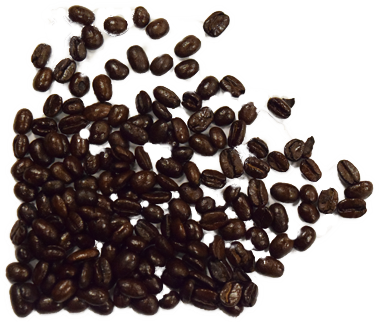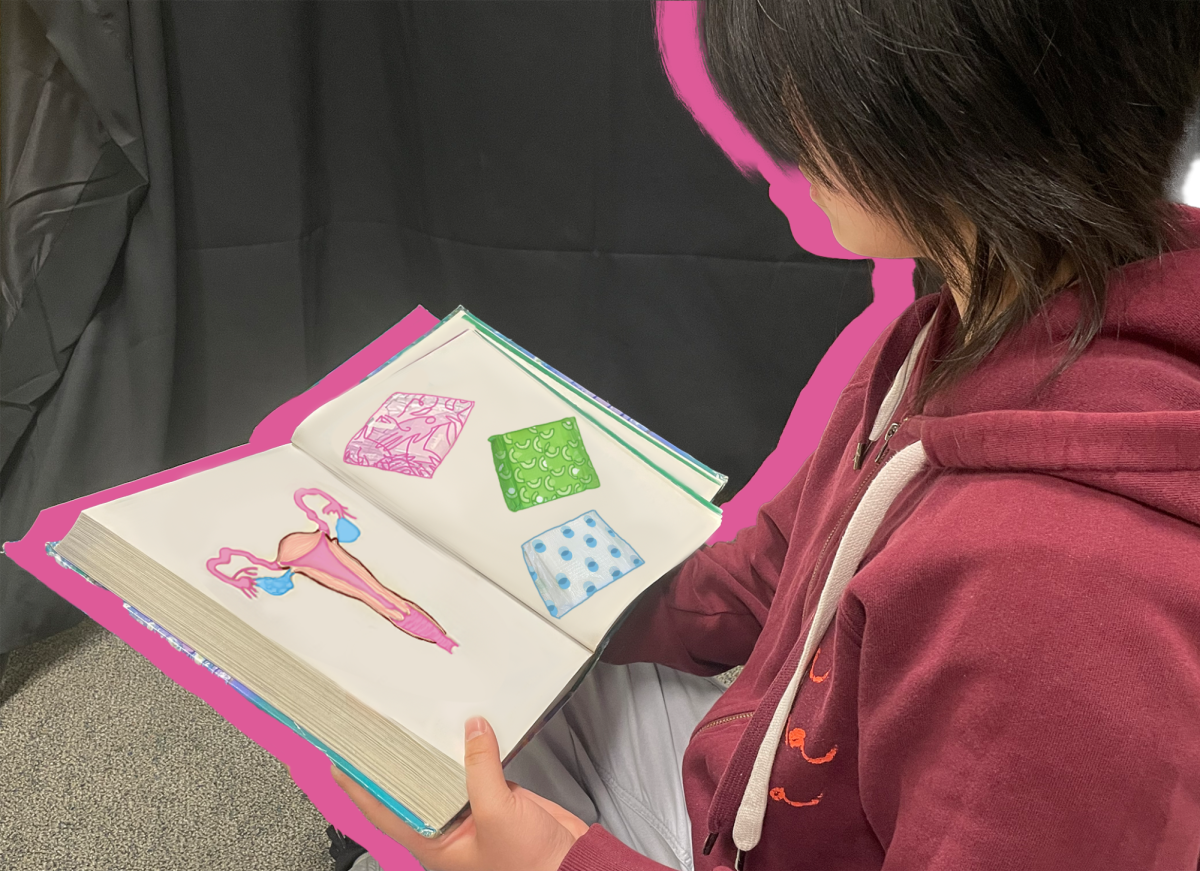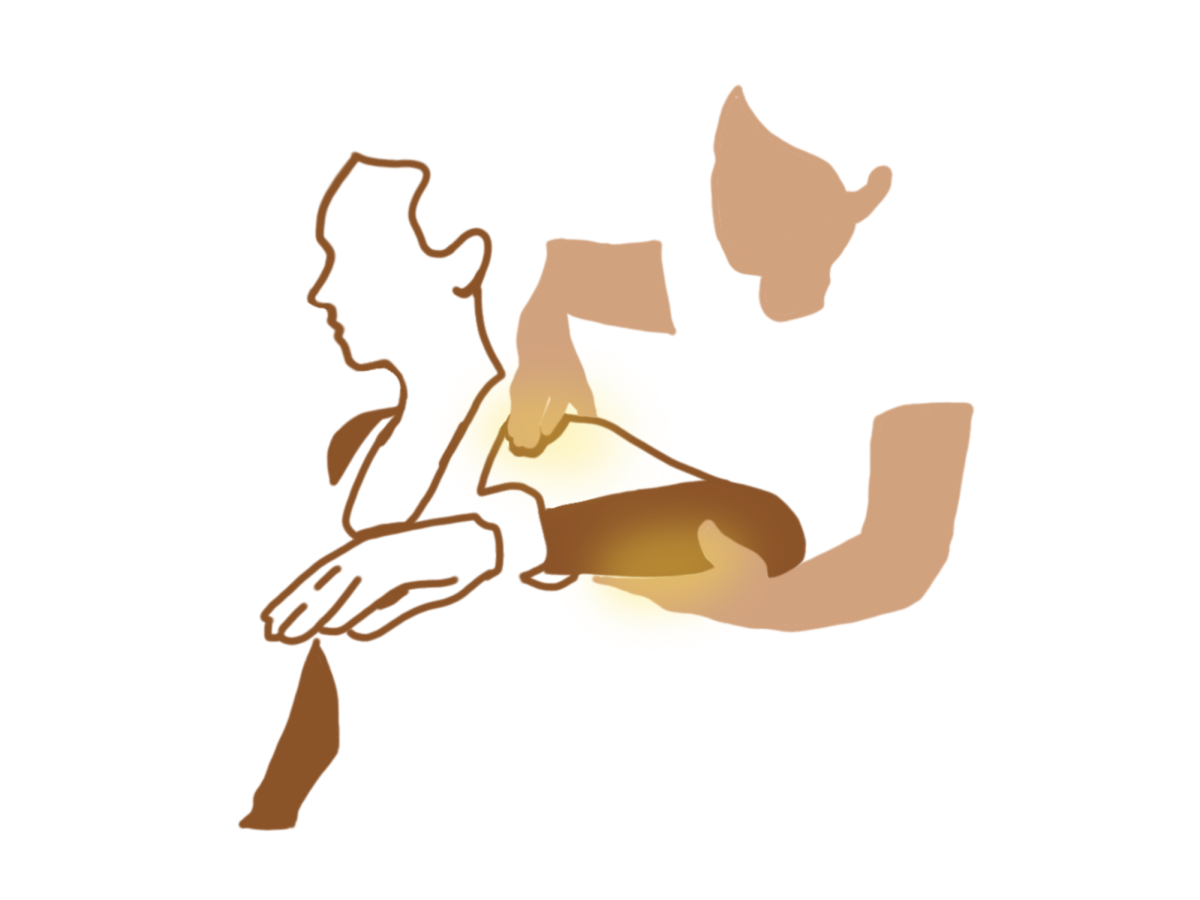According to the U.S. Food and Drug Administration (FDA), in the United States, about 80 percent of people injest caffeine every day. Some brew their own while others stop at their local coffee shop on their way to school or work. Nonetheless, drinking coffee has become a habit for many people.
While only 12 percent of MVHS students drink coffee daily according to a survey of 253 students, junior Jennifer Huang has a cup of coffee every day to keep herself from falling asleep. Huang says that she started drinking coffee in her first year of high school and that she knows her limit when it comes to caffeine, although she has had her share of overindulging.
“Freshman year at SVCDC [Silicon Valley Career Development Conference] I didn’t have my presentation done at all so I knew I was [going to] pull an all nighter,” Huang said. “I drank, like, seven cups of coffee.”
Similar to Huang, English teacher Vennessa Nava also began drinking coffee in high school at her parentsí coffee shop. She, too, looked to caffeine as a replacement for sleep.
“Out of this crazy irrationality, I ended up drinking a ridiculous amount of espresso shots [one night] and I got sick … and couldnít go to school the next day,” Nava said. “I had [maybe] 15 shots of espresso. I was vomiting coffee grounds because I just had so much.”
For daily caffeine drinkers, caffeine can increase the amount of acid in peoplesí stomachs, which can cause heartburn or an upset stomach. An overdose of caffeine, however, may cause rapid or irregular heartbeat and trouble breathing. In extremely rare cases, caffeine overdoses can cause death by involuntary contractions of the heart, according to healthline.com. While students generally use caffeine to be more alert, English teacher Monica Jariwala has a different approach to coffee. Jariwala has always enjoyed coffee for the taste. However, Jariwala feels that MVHS studentsí rationale for drinking coffee is a replacement for sleep rather than the taste.
“They don’t sleep, and they drink a lot of coffee and [theyíre] not [themselves],” Jariwala said. “The coffee might keep [them] awake, but [they’re] still out of it.”
Nava agreed, noting that many students use caffeine as an energy boost.
“They use [caffeine] as a drug,” Nava said. “It seems like students are well aware of the capacity of the caffeine to kick in and help them focus.”
Nava hypothesizes students use caffeine because they know that it helps them focus more than they would have without the caffeine. Huang also says people tend to build tolerance to caffeine, making its effects on the body even more unpredictable.
According to “The Secrets of Caffeine America’s Favorite Drug” in the New York Times, as people continue to drink more caffeine, they stop feeling the effects of it right away. Because of this, people continue to increase amounts of coffee to get the same amount of energy.
“You slowly build a caffeine tolerance,” Huang said. “I used to be able to [work] with lower caffeine levels but now I don’t think I [can].”
While Jariwala does not use caffeine to stay awake like Huang, she still understands how powerful caffeine is and how it can impact one’s health in the long run. Both Nava and Jariwala say they know their limits when it comes to coffee and although both can feel its effects, neither depend on it.
Nava explained how she can use the caffeine to her advantage when grading. While at home or at school, black tea is enough for her to get through the grading; however, when Nava goes to a coffee shop to grade she immediately notices a difference in her grading pattern.
“I would go to a coffee shop to grade on the weekend and I drank a coffee and I could pump through … grading,” Nava said. “I would use [the caffeine] intentionally because I knew it would give me more focus.”
While Huang used coffee to keep her awake at certain times, she understands that if used too much it can be more harmful as time goes on.
“You know that you [have] drank too much coffee when your heart beat is going so fast that you don’t know what’s going on anymore,” Huang said. “You’re kind of just bouncing off the walls.”






















